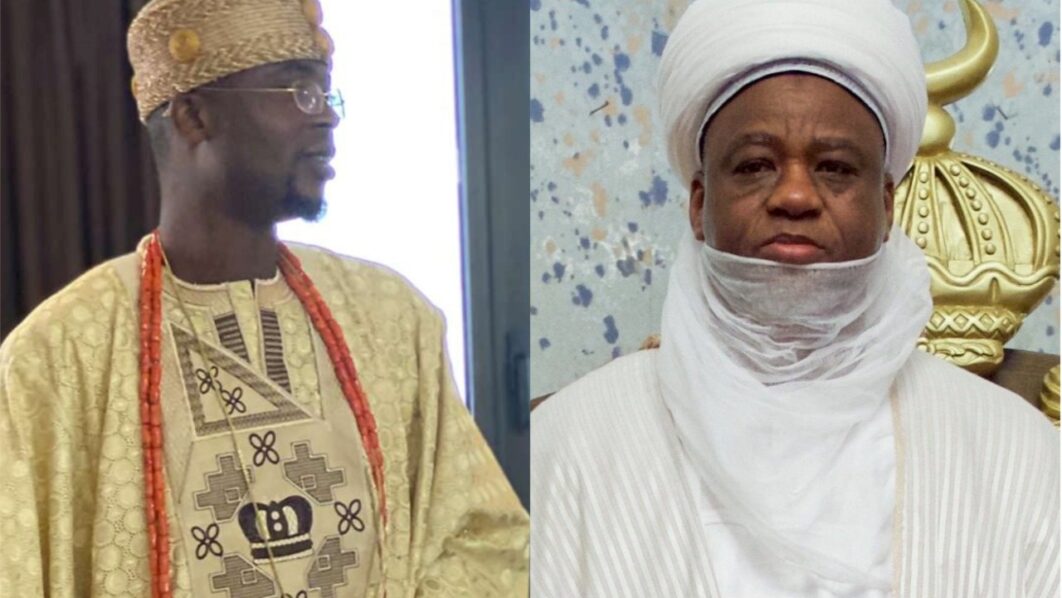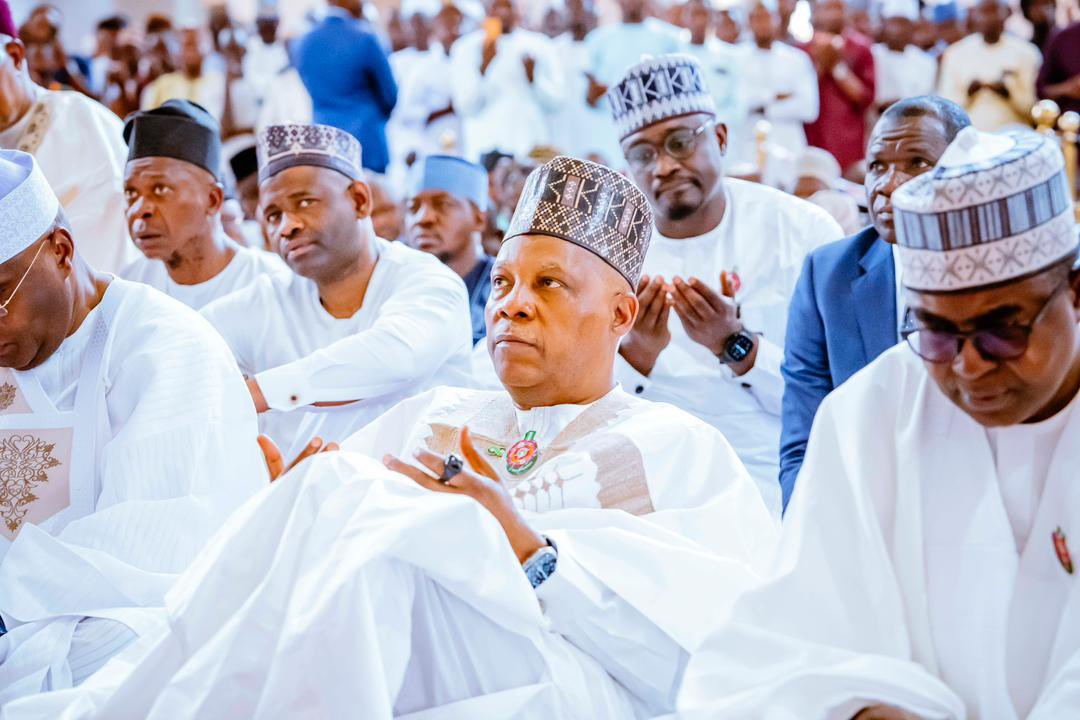
The Olukosi of Ilukosi-Ijesa, Oba Omotooyosi Adebayo Akinleye, has told the Sultan of Sokoto, Abubakar Muhammad, that the implementation of Sharia in the Southwest could undermine the secularity of the region.
This was after the Sultan-led National Supreme Council of Islamic Affairs (NSCIA) lamented the resistance from Southwest leaders to the establishment of Sharia panels.
In an open letter to the Sultan, Oba Akindele shared an insights on the judicial evolution in Yorubaland, particularly regarding the transition from the traditional Osugbo/Ogboni judicial system to the adoption of a more universal law of freedom.
According to him, historically, the Osugbo/Ogboni system was integral to governance and justice in Yorubaland, serving as a high court with significant influence over both legal and social matters.
“However, in alignment with the broader movement towards secularism and a more inclusive legal framework, the Yoruba community has largely transitioned away from these traditional structures,” he said.
The monarch revealed that the shift reflected a broader embrace of universal principles that advocate for freedom of thought, conscience, and religion, which are foundational to the secular state as outlined in Nigeria’s constitution.
He said the change allowed for a legal system that is more reflective of diverse societal needs and less tied to specific cultural or religious practices, thereby fostering an environment where every individual can exercise their rights freely.
“Regarding Sharia Law in the Southwest, its implementation poses challenges due to our secular framework. Nigeria is constitutionally a secular state where no religion is to be adopted as the state religion, ensuring that every person has the right to freedom of religion without interference. The introduction of Sharia in the Southwest could potentially undermine this secularity, leading to tensions and conflicts not only between religious groups but also within the broader societal fabric. For instance, Sharia’s application might not resonate with the significant Christian and traditionalist populations, potentially causing legal ambiguity and social discord,” Oba Akinyele said.
He further stated that the secular approach has been beneficial in promoting peace, unity, and development by providing a common legal ground where all citizens, regardless of their faith or belief, can coexist harmoniously.
“It is crucial to maintain this secular stance to continue ensuring that the Southwest remains a region where every citizen’s rights are protected under a universal legal system, rather than one bound by specific religious doctrines.
“I trust this perspective underscores the importance of maintaining a secular judicial system for the benefit of all in our diverse nation,” he concluded.






